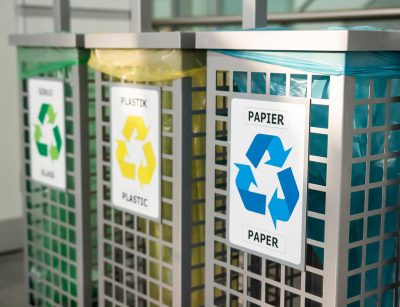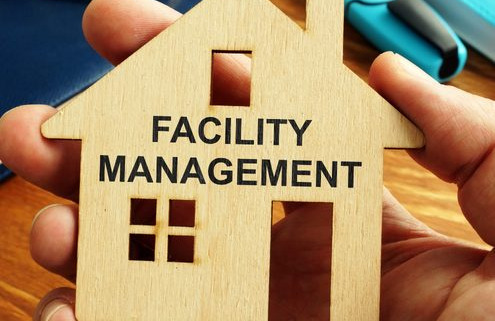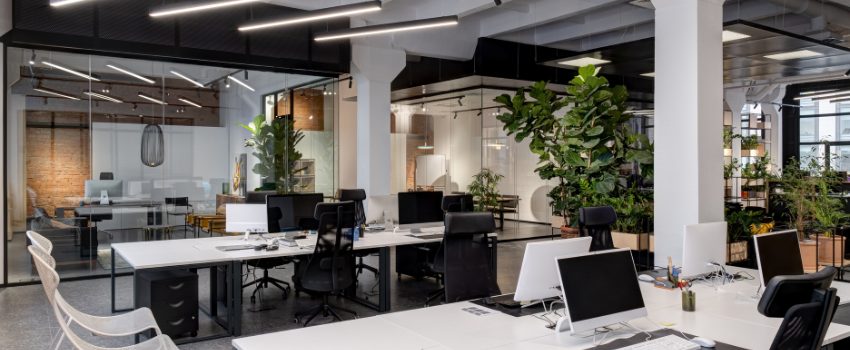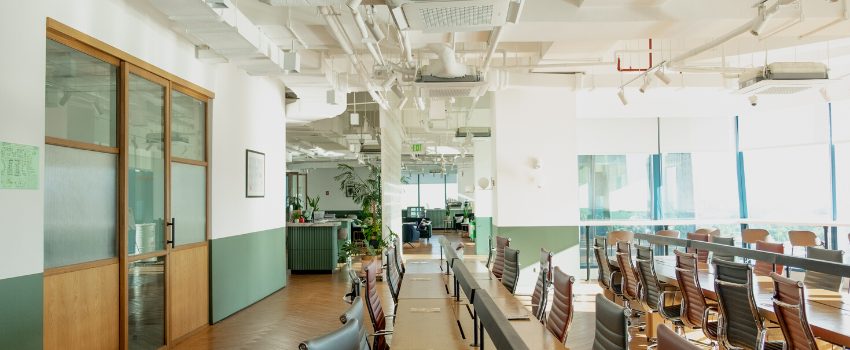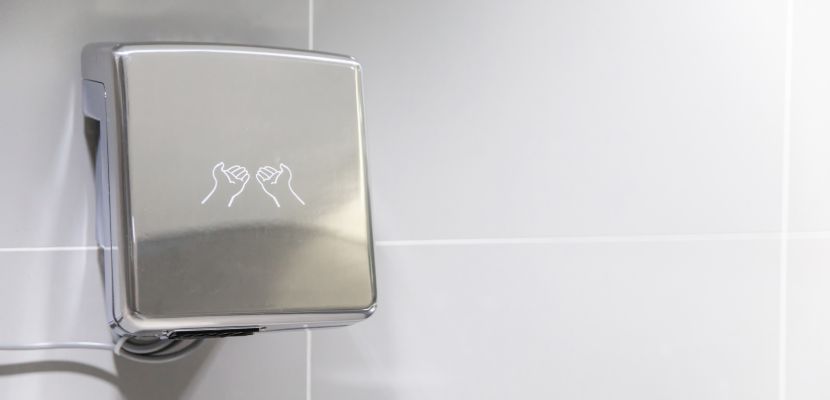Preparing Your Business Property for Winter
in Facilities ManagementKey Considerations for a Safe and Efficient Workplace
As winter approaches, it’s crucial to ensure that your business property is fully prepared to handle the challenges that come with colder weather. Snow, ice, and freezing temperatures can pose significant risks to your facility and its occupants. To keep your property safe, efficient, and operational throughout the season, there are several essential steps that your Facilities Management (FM) provider should take into account.
Why Winter-Ready Facilities Matter
A winter-ready business property not only protects employees and visitors but also reduces the likelihood of accidents, downtime, and costly repairs. Proper preparation ensures that your facility remains functional, comfortable, and compliant with health and safety regulations. From maintaining heating systems to managing outdoor spaces, a comprehensive winter plan is vital.
Key Areas of Focus for Your FM Provider
When partnering with an FM provider, there are specific areas to prioritise for winter readiness:
- Heating and HVAC Systems: Ensuring that heating systems are in optimal working condition is essential for maintaining comfortable indoor temperatures and preventing cold-related health issues. Your FM provider should perform routine maintenance checks on boilers, radiators, and HVAC systems to prevent breakdowns during peak winter months. Proper insulation of pipes and ducts can also prevent energy loss and reduce heating costs.
- Outdoor Maintenance: Ice and snow accumulation in outdoor areas can create slip hazards and make walkways, parking lots, and entrances dangerous. Your FM provider should implement a snow and ice removal plan that includes regular salting or gritting of high-traffic areas. Snow removal services should be scheduled in advance to ensure access points remain clear and safe.
- Gutter and Roof Inspections: Winter weather can cause significant damage to roofs and gutters if they are not properly maintained. Clogged or damaged gutters can lead to water overflow, which may freeze and create ice dams, damaging the roof and leading to leaks. Regular inspections and cleaning of gutters and roofs can prevent these issues.
- Lighting and Electrical Systems: With shorter days and darker evenings, ensuring that your property’s lighting systems are fully operational is crucial for visibility and safety. Your FM provider should check and maintain all exterior and emergency lighting to prevent accidents and enhance security. Additionally, ensuring that electrical systems can handle the increased load from heating and lighting is essential for avoiding outages.
- Entrance Mats and Wet Areas: As employees and visitors enter the building with wet or snowy footwear, floors can become slippery and hazardous. Entrance mats should be placed at key entry points to absorb moisture and prevent slips and falls. Your FM provider should also conduct regular checks and cleaning of wet areas to ensure they remain safe.
- Fire Safety Systems: Heating systems, space heaters, and increased electricity usage during winter can heighten the risk of fire. Ensure that your FM provider checks fire safety systems, including alarms, sprinklers, and extinguishers, to ensure they are fully functional and up to date. Fire exits should be kept clear of snow and ice to maintain compliance with safety regulations.
- Plumbing and Pipe Insulation: Frozen pipes can lead to significant damage and costly repairs if they burst. Your FM provider should insulate exposed pipes, particularly in areas that are more susceptible to freezing. Monitoring internal temperatures and installing automatic shut-off valves can also help prevent potential water damage.
- Emergency Preparedness: Winter weather can sometimes bring unexpected challenges like power outages, heavy snow, or freezing rain. It’s crucial to have an emergency plan in place. Your FM provider should ensure the facility is equipped with backup power sources, emergency supplies, and a plan for evacuations or temporary closures if necessary.
The Importance of Proactive Planning
Being proactive with your winter preparation can save your business from unnecessary disruptions and financial strain. Working closely with your FM provider to address these critical areas will help maintain a safe environment for everyone in your facility, reduce liability risks, and ensure that your property remains in optimal condition.
Conclusion
Winter can present numerous challenges for business properties, but with the right preparation, you can keep your workplace safe and running smoothly. From heating system maintenance to outdoor snow and ice management, a comprehensive winter readiness plan is essential. Partnering with an experienced FM provider ensures that all aspects of your property are winter-proofed and that your employees and visitors are protected from the risks associated with colder weather.
Key Takeaways:
- Heating systems, HVAC, and pipe insulation are crucial for comfort and safety.
- Snow and ice management for walkways, parking lots, and entrances reduces slip hazards.
- Regular inspections of gutters, roofs, and lighting systems prevent winter-related damage.
- Emergency preparedness ensures your business can respond to power outages or severe weather.
We hope you’ve found this article useful.
#FacilitiesManagement #WinterSafety #HVACMaintenance #FMProvider #WorkplaceSafety










